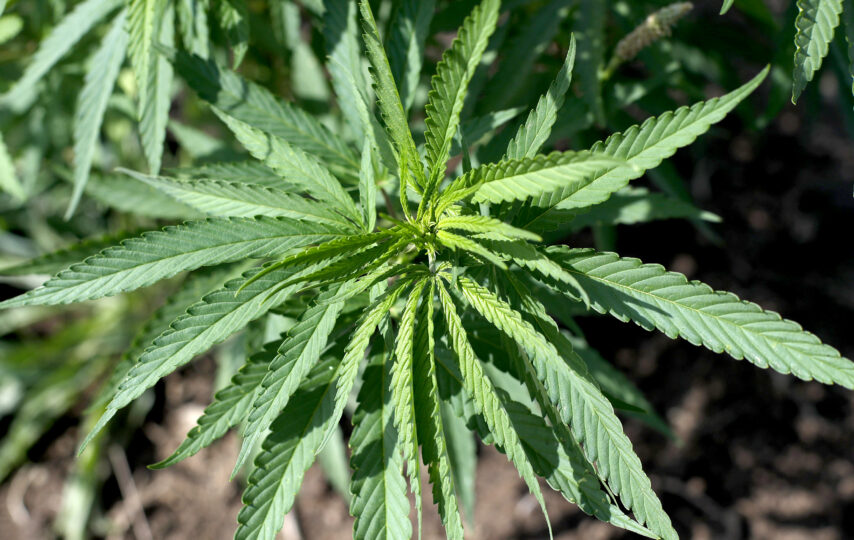CBD has gained significant popularity in recent years for its potential health benefits. One of the most common forms of CBD consumption is CBD flowers, which are the dried buds of the hemp plant. However, navigating the legal landscape surrounding CBD flowers can be confusing for consumers. In this article, we will explore the legal status of CBD flowers and provide essential information that consumers need to know.
Understanding CBD and Hemp Laws
Before delving into the specifics of CBD flowers, it’s crucial to grasp the legal framework surrounding CBD and hemp. In the United States, the 2018 Farm Bill legalized the cultivation and sale of hemp-derived CBD products as long as they contain no more than 0.3% THC (the psychoactive compound found in cannabis). However, individual states may have their own regulations and restrictions, so it’s essential to be aware of the laws specific to your location.
CBD Flowers vs. Marijuana
While CBD flowers and marijuana may look similar, there is a significant distinction between the two. Marijuana is high in THC content, making it a psychoactive substance and federally illegal in most places. On the other hand, CBD flowers are derived from hemp, which naturally contains low levels of THC and high levels of CBD. As long as CBD flowers meet the legal requirement of containing less than 0.3% THC, they are considered legal under federal law.
Legal Status of CBD Flowers
The legal status of CBD flowers can vary from one jurisdiction to another. In some states, CBD flowers are fully legal and widely available. However, other states have imposed restrictions on the sale and possession of CBD flowers. Some states may only allow CBD flowers to be sold through licensed dispensaries or for medicinal purposes. It’s crucial to research and understands the laws in your specific state or country before purchasing or possessing CBD flowers.
Quality and Safety
When purchasing CBD flowers, it’s essential to consider the quality and safety of the product. Look for reputable vendors who provide third-party lab testing results to ensure that the CBD flowers are free from harmful contaminants and contain accurate CBD and THC levels. High-quality CBD flowers should be organically grown, free from pesticides and other chemicals, and properly cured to preserve the beneficial compounds.
Risks and Side Effects
While CBD is generally considered safe, it’s essential to be aware of potential risks and side effects associated with CBD flowers. Some individuals may experience mild side effects such as drowsiness, dry mouth, or changes in appetite. Additionally, CBD flowers may interact with certain medications, so it’s crucial to consult with a healthcare professional before incorporating them into your wellness routine.
Travelling with CBD Flowers
If you’re planning to travel with CBD Flowers, it’s crucial to understand the regulations in your departure and destination locations. Some countries or states may have strict laws regarding the possession and transportation of CBD products. International travel with CBD flowers can be particularly complicated, as laws vary significantly from one country to another. It’s advisable to thoroughly research and comply with the laws of the specific locations you plan to visit.
Staying Informed and Advocating for Change
As the legal landscape surrounding CBD flowers continues to evolve, it’s important for consumers to stay informed about any changes in regulations. Stay up to date with local and federal laws and advocate for responsible and evidence-based CBD regulations. By supporting organizations and initiatives that promote fair and reasonable CBD policies, consumers can help shape a more transparent and accessible CBD market.
CBD flowers can offer a natural and potentially beneficial option for individuals seeking the therapeutic properties of CBD. However, it’s crucial to navigate the legal landscape carefully and understand the regulations specific to your jurisdiction.








